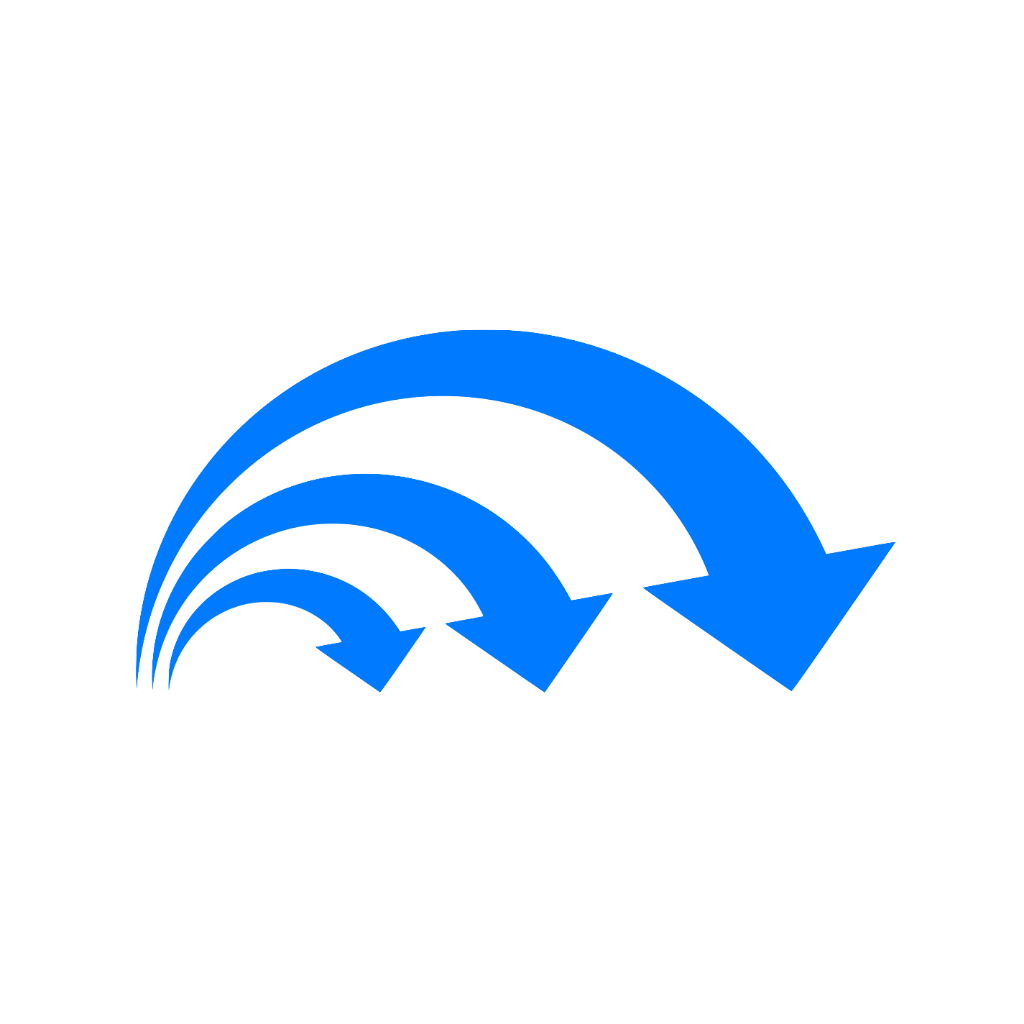Preview this deck
What are the common TCA’s, and associated dosages and side effects?
Front
Active users
5
All-time users
5
Favorites
0
Last updated
3 years ago
Date created
Nov 15, 2021
Cards (2)
Antidepressants
(2 cards)
What are the common TCA’s, and associated dosages and side effects?
Amitriptyline (Elavil: 25-300 mg/d; Oral) – Tx of depression
SE: lightheadedness, chest pain, fluttering heart, confusion, hallucinations, seizure,
difficult urination, easy bruising, fever and chills, constipation, diarrhea, nausea, GI
upset, appetite/ weight changes, vomiting
Doxepin (Adapin/ Sinequan/ Silenor: 25-300 mg/d; Oral) – Tx of depression; Silenor is FDA
approved for insomnia.
Note: This is the most sedating of the TCAs
SE: (see above)
Imipramine (Tofranil: 25-300 mg/d; Oral) – Tx of depression and enuresis in children.
SE: See above
Trimipramine (Surmontil: 25-300 mg/d; Oral) – Tx of depression
SE: See above
Nortriptyline (Pamelor/ Aventyl: 25-200 mg/d; Oral)
SE: See above
Desipramine (Norpramin: 25-300 mg/d; Oral)
SE: See above
Protriptyline (Vivactil: 10-60 mg/d; Oral)
SE: See above
Clomipramine (Anafranil: 25-250 mg/d; Oral) – Depression but FDA approved for only OCD
SE: See above
What are the common MAOI’s, associated dosages, and side effect profile?
Phenelzine (Nardil) 45-90 mg/d (Oral) – Tx of Atypical depression
SE: Orthostatic hypotension, hypertensive crisis
Tranylcypromine (Parnate) 20-40mg/d (Oral) – Tx of MDD
SE: Orthostatic hypotension, edema, tachycardia, HA, and insomnia
Selegiline (Eldepryl: 5-10 mg/d; Oral for PD) and EMSAM (6-12 mg/d [transdermal for MDD])
Tx of MDD and Parkinson’s disease
SE: HA, insomnia, dizziness, nausea



